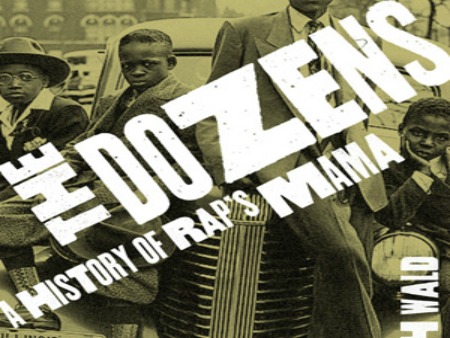
It was just one of those things Black folks did. It was our own little secret. From street corners to schoolyards, in big cities and small towns, among the young and old alike, Black folks played the “Dozens.”
You could go to any barber shop on a Saturday and there you would find folks playing the “Dozens.”
There were specific rules too: two guys or girls, because they played too, particularly in the inner-city, came together to talk about everything from your clothes to your house to your Ma Ma…the more ingenious the insult – let’s just say the better.
It influenced Langston Hughes in the 1920s, made Richard Pryor a legend in the 1970s and created a whole generation of comics, and continues to fuel rap music today.
In “The Dozens: A History of Rap’s Mama,” writer Elijah Wald traces the comic and profane arc of the dozens through African-American culture. From rural works songs and the competitive jamming of jazz masters, through Mississippi barrelhouse songs and the iconic literature of the Harlem Renaissance, Wald does his best to give a real history of such a lost art form.
“No one has attempted a serious historical insult mapping of the United States,” Wald says in his book, where he charts the geography and outlines the heritage of verbal smack-downs.
He cites how it began as a West African insult game. He talks about how it found its way into everything from jump-rope to “Welcome Back, Kotter” to Grandmaster Flash to YouTube. Eventually, Wald’s underlying argument emerges with its own distinct challenge: It’s precisely the raw, filthy, unprintable essence of the dozens that makes it so important to preserve.
“It’s a lot more interesting than just a bunch of dirty jokes,” Wald said in an interview with the Boston Globe. “There’s a rich and complex history around it that tells a story about who we are. Not talking about this stuff just means not knowing how our culture happened.”
Somewhere along the way…Black folks have lost the art of playing the “Dozens”. Maybe it was violence. Maybe it was video games. Who knows? But to a whole generation of Black folks, it was just good plain old fun.
Zack Burgess can be contacted at zburgess1@gmail.com and followed on Twitter @zackburgess1.